“Sadly I don’t yet have any reply from Lawyer Company …………………
The case is well known and every lawyer knows that he will have to stand up against whole system in Ireland.
Most important thing is to submit appeal to Supreme Court within the required deadline. I believe in justice although I personally experienced plenty of injustice in my life, I also believe in victory of truth against the falseness and I believe that Ms Martha wil regain freedom.
For the prosecutor, the garda, the lawyers, the jury, Irish reporters and especially for the Court it will be difficult to admit to error of wrongly convicting Ms Martha Herda for lifetime inprisonment for causing an fatal accident.
I will confess to You that I love Ireland like my own country. It is a wonderful place to live. Unfortunately dishonest people corrupt the country for profit, careers, fame and all the low motives.
It’s sad that innocent people like Ms Martha suffer because of this.
I sympathize with her very much, and I know what the poor girl is going through. It’s a horrible feeling, when a man is aware of being innocent and yet Court convicts him.
In Ms Martha’s case it’s maximum sentence, rarely used in liberal Ireland, and even if, it’s only for serial killers.
It is absolutely not true that for murdering in Ireland there is only one punishment, lifetime inprisonment.
Even more for a car accident, no driver’s fault, caused by a furious attack of a victim Csaba Orsos.
I don’t understand the motives of Garda, Irish journalists, the jury and the court when convicting an innocent girl, victim of a car accident, for lifetime inprisonment. It’s the greatest injustice I have heard of in Ireland.
Please ask Ms Martha if I can visit her in prison to talk to her.
Please give Ms Martha and her family tokens of sympathy and compassion in this difficult times.
Sincerely yours
(Name and Surename)”










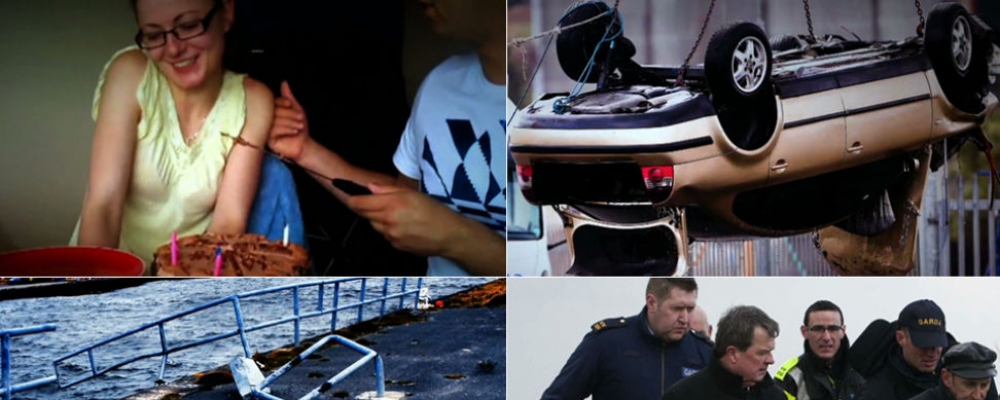



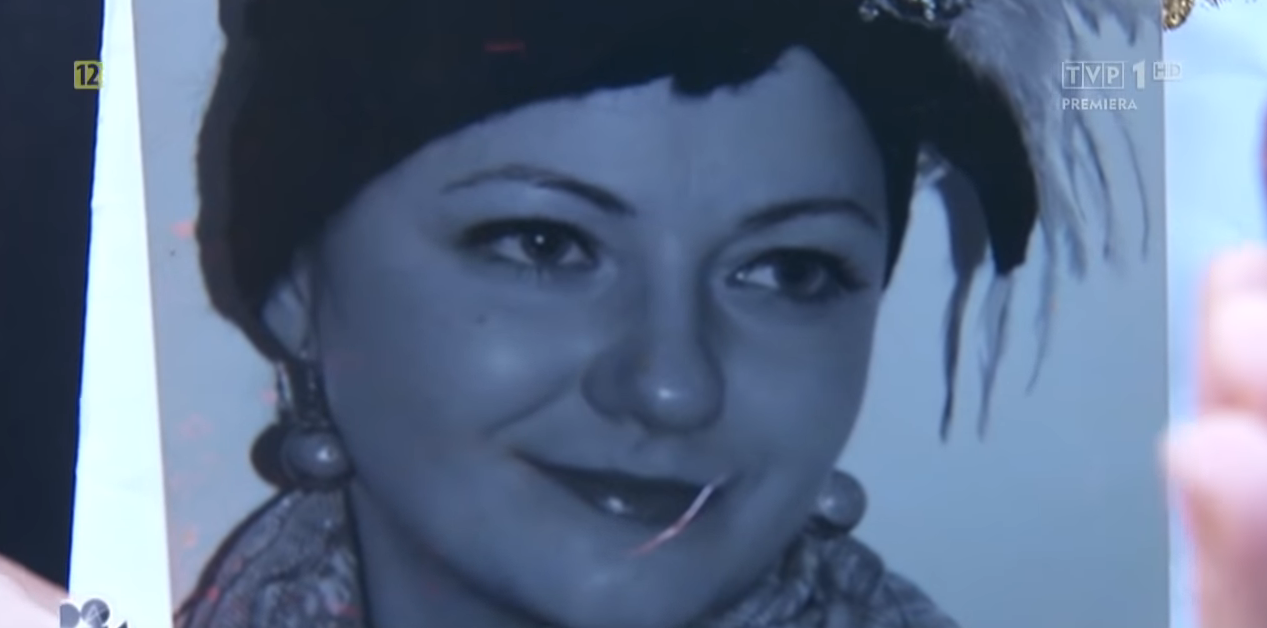
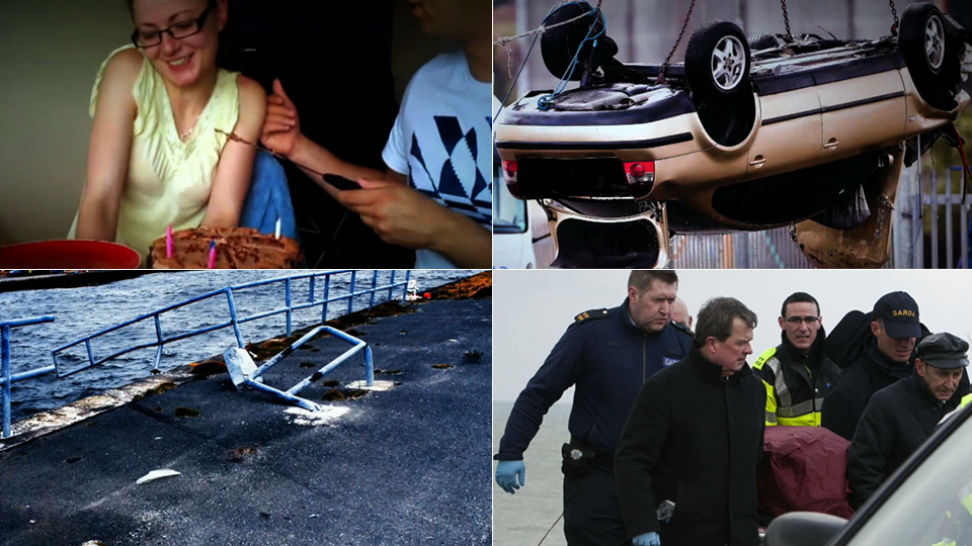




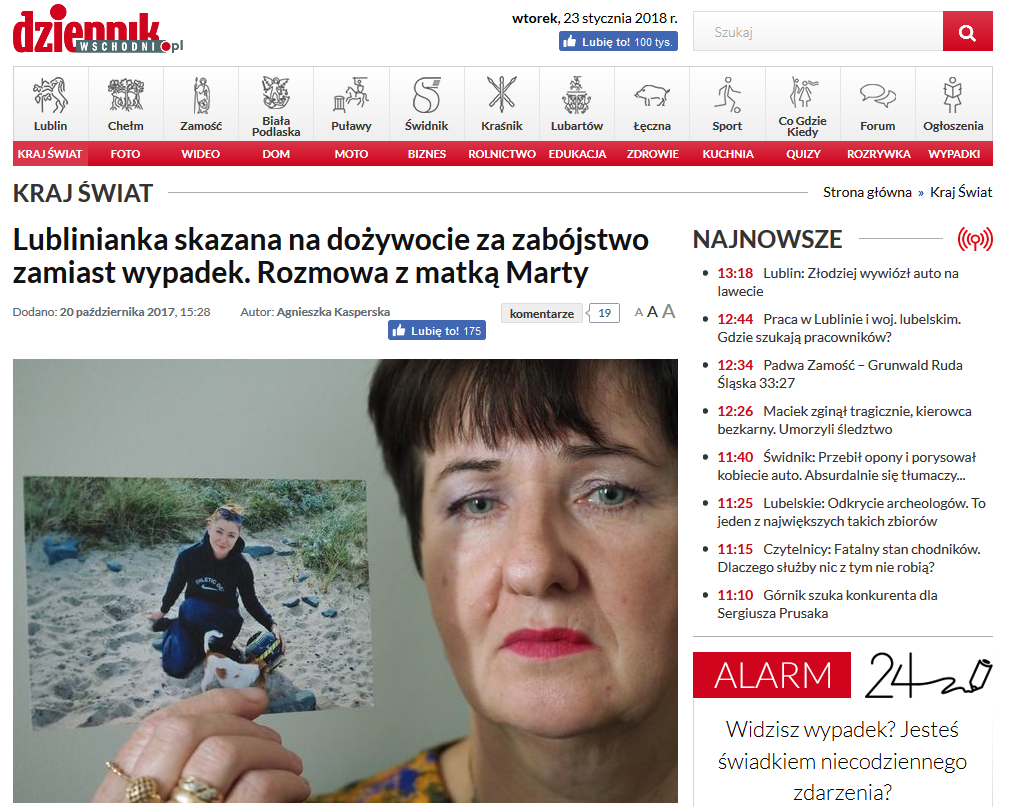

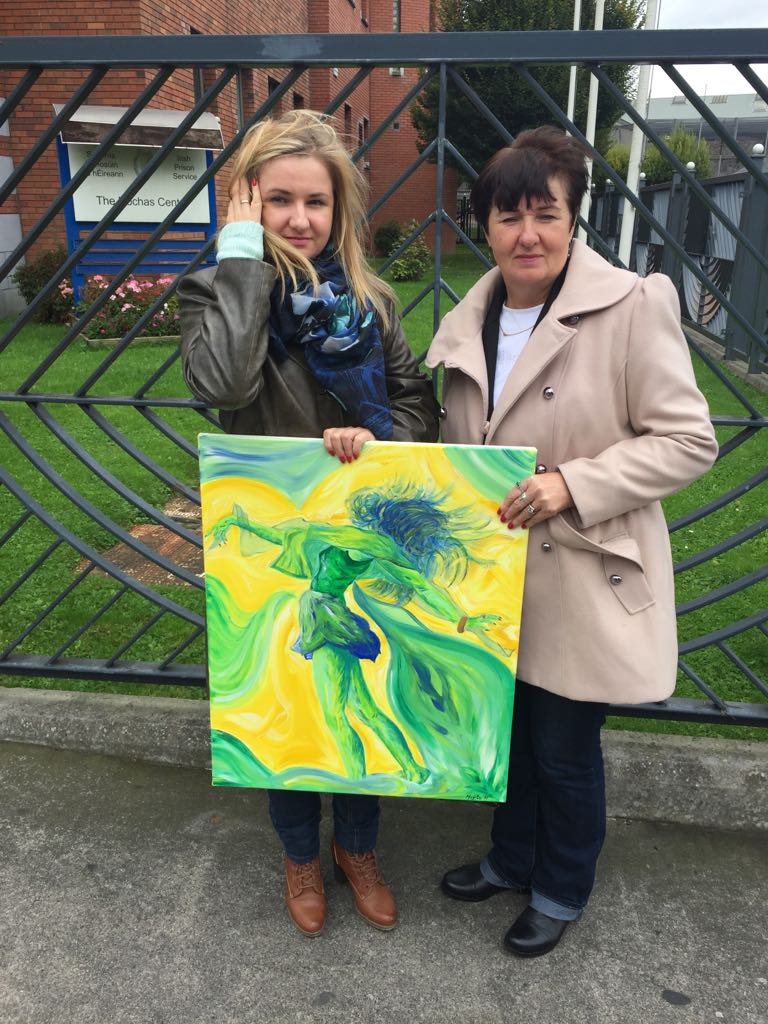



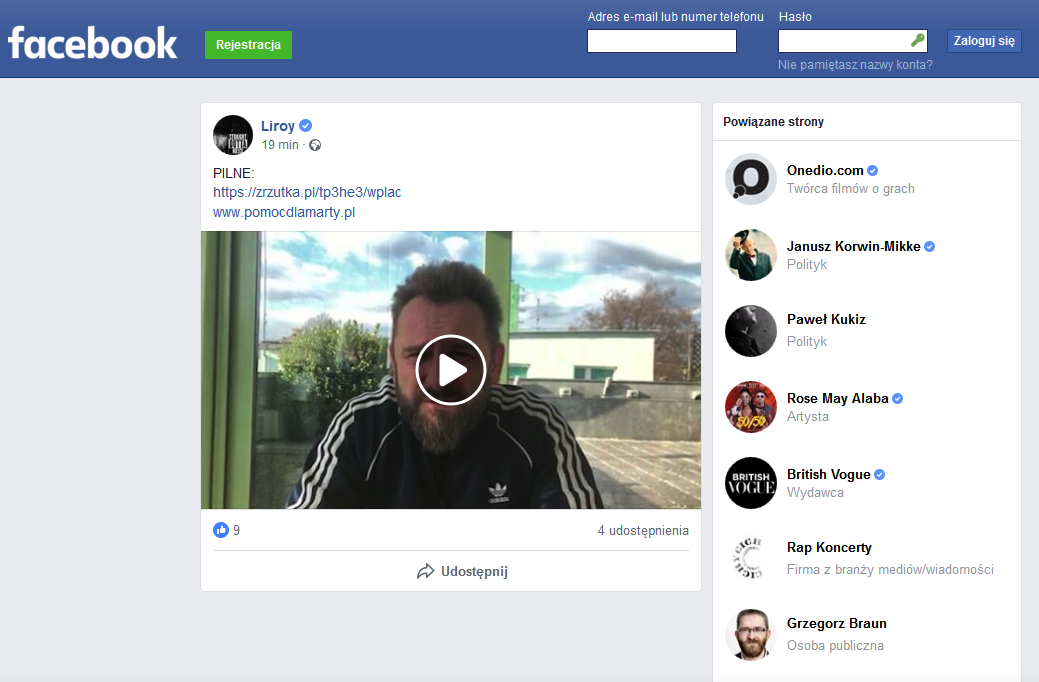
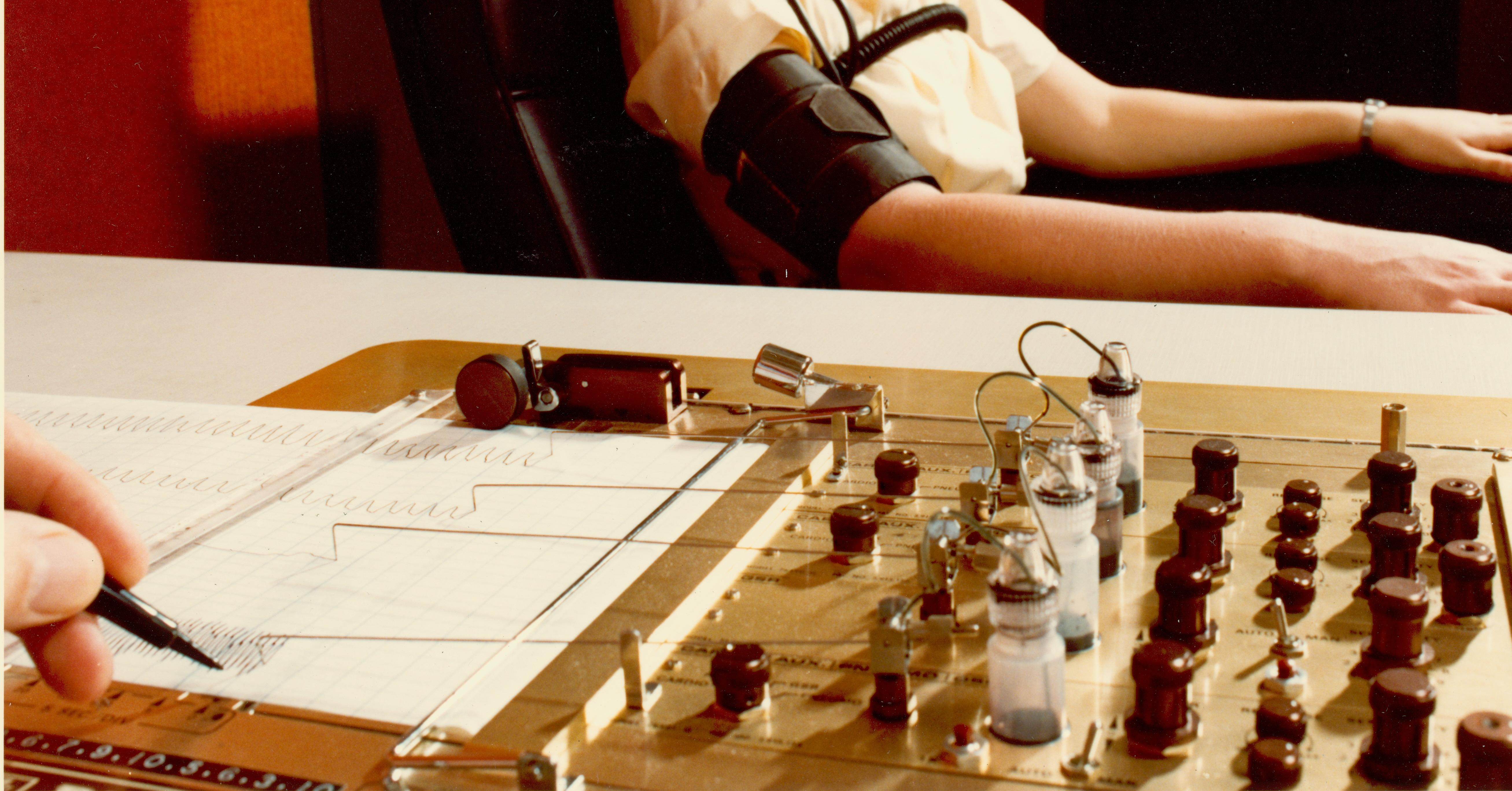
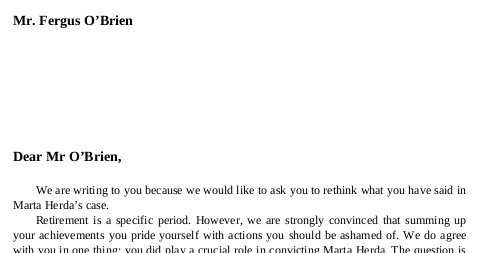
Hi
I posted this on the Polish server but the translator makes it un readable. So in a nutshell. Good news for Martha. ECHR is starting a new Trial revision. Usually cases can take decades to get to a hearing, but now there is a remedial option between applicant and the domestic state.
So this could be resolved within the next few months.
The ECHR has announced in a press release (18 December 2018) that it is conducting a trial revision of those mechanisms relating to the initial communication of an application to a respondent state.
“Governments are given 16 weeks {following the date of the communication} to submit their observations on the admissibility and merits of a case. Within the first eight weeks of that period they are also required to inform the Court whether they are prepared to conclude a friendly settlement.”
A “friendly settlement” is the ECHR equivalent of an out-of-court settlement in a US civil case; the ECHR must be satisfied that the conditions of a friendly settlement meet human rights requirements for that settlement to be acceptable.
The revised mechanism will be introduced on 1 January 2019 for a one-year test period. The ECHR explains in its announcement that its intent is to encourage friendly settlements by introducing a “non-contentious” 12-week phase immediately after the communication to the respondent state:
Numbers wrote:
Here’s some commentary from European lawyers on the above Directive (end note numbering omitted for clarity):
3.2 Timely Access to a Lawyer during Police Custody
According to the Directive, suspects or accused persons must be provided with access to a lawyer without undue delay after the moment of deprivation of liberty. Thus, the Directive makes it clear that the right applies from the outset of police custody, and not only if and when a detained suspect is interrogated by the police.
This resolves any uncertainties of interpretation of the existing ECtHR {European Court of Human Rights} case law on the matter. The Directive furthermore provides that Member States must ensure timely access to a lawyer, and that in any case the suspect should have the possibility to meet in private with his lawyer before any questioning. Besides, it requires that Member States ‘shall make the necessary arrangements to ensure that suspects or accused persons who are deprived of liberty shall be in a position to practically and effectively exercise their right of access to a lawyer.’
It follows from the Directive and the relevant ECtHR case law that the police are not entitled to interrogate a suspect who has not had a prior consultation with the lawyer, unless he has validly waived such right before the interrogation. The only situations where a derogation is possible are mentioned in the Directive, and they include circumstances where there is a pressing need to interrogate a suspect, for instance, to prevent an imminent risk to life or destruction of evidence.
Source: http://www.erasmuslawreview.nl/tijdschr … 07_004_003
Legal Advice in Police Custody: From Europe to a Local Police Station;
Anna Ogorodova & Taru Spronken*
*Anna Ogorodova, LLM is PhD researcher at the University of Maastricht.
Dr Taru Spronken is Professor of Criminal Law and Criminal Procedure at Maastricht University and Advocate General at the Supreme Court in the Netherlands
Amanda Knox wins €18,400 in damages after human rights case against Italian authorities
The European Court of Human Rights said police did not provide her with a lawyer or interpreter.
EUROPE’S TOP HUMAN rights court has said that Italy failed to provide adequate legal representation for Amanda Knox, an American student acquitted in 2015 of the gruesome killing of her British housemate after spending years behind bars.
It ordered the Italian authorities to pay €18,400 in damages and legal costs.
Knox had accused the Italian police of threats and violence during questioning over the murder of Meredith Kercher in 2007, when she was denied both a lawyer and a professional interpreter
If anyone wants to learn more about the Amanda Knox Case they can read everything about it here at this site posted above. There is also in depth discussion of the ECHR and how it works and previous case work and Judgements.
There is a thread dedicated to Marta and her miscarriage of Justice.
Google: http://www.injusticeanywhereforum.org – Marta
If anyone would like to discuss The impacts of these Judgement’s or the new Introduction by the ECHR in Jan 2019 of Domestic mediation procedure which could see Marta have a response from the Irish Courts within the year.